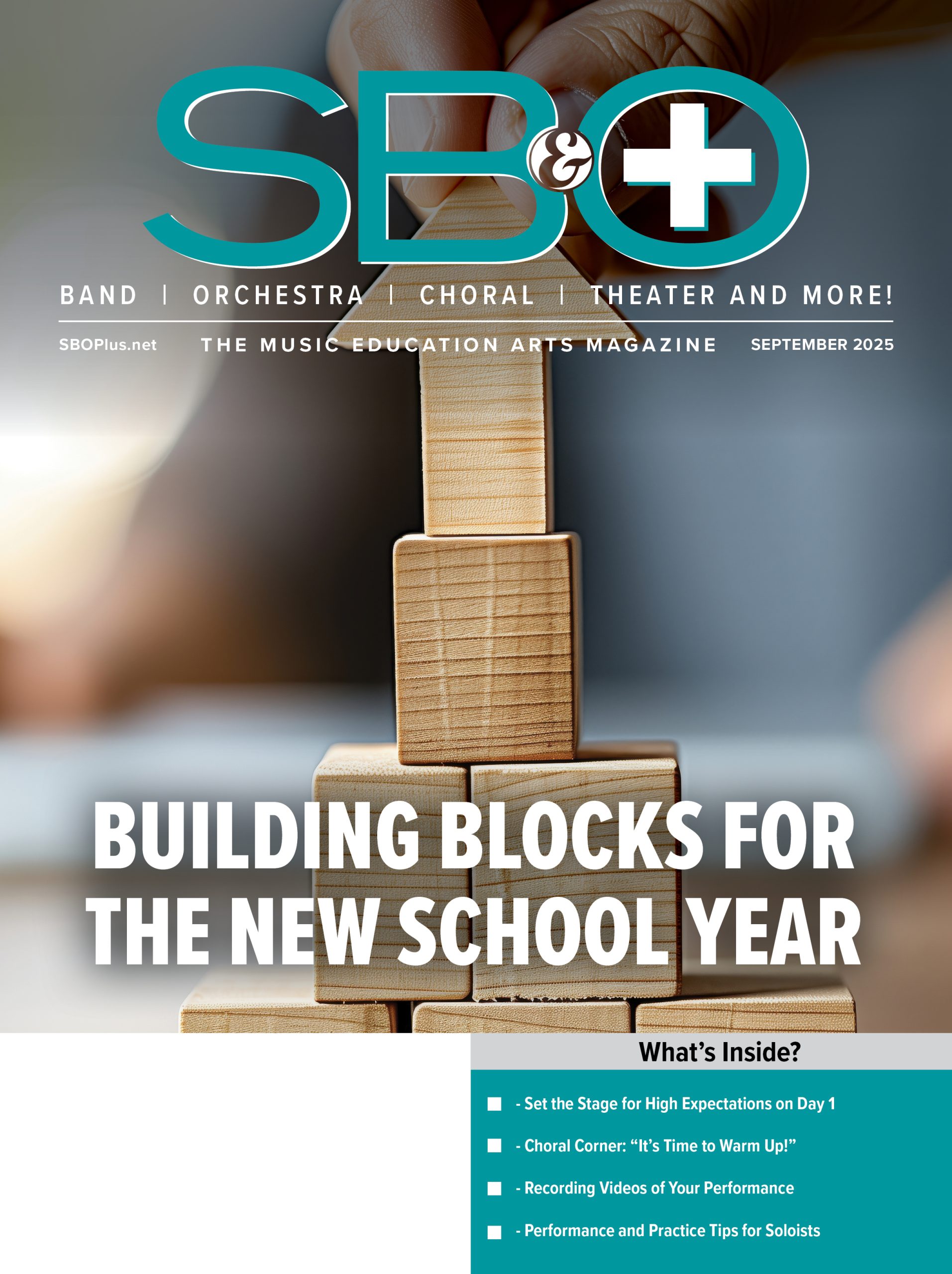 In the ancient folklore of people living in the middle of Russia, Earth rests on three whales which separate it from water and the underworld.
In the ancient folklore of people living in the middle of Russia, Earth rests on three whales which separate it from water and the underworld.
While popular music education approaches of the 20th century commonly identified with Kodaly, Orff, Dalcroze and Suzuki, Dmitry Kabalevsky in Russia was a major force behind the Soviet music education. In 1970 he wrote a book Three Whales and
Many Other Things, summarizing his pedagogical principals and educational philosophy, thus forming, along with Kodaly and Orff, the “three whales” of some of the most influential composers of the last century who contributed to the field of children’s music education.
Curiously enough, all three composers became concerned with the issue around the same time. In 1925 German composer Carl Orff started his work with young musical novices at the school for gymnastics music and dance in Munich, where, later on he developed his teaching theory. His method is based on rhythm, motion and speech as a source of musicality, which he helps to explore using percussion instruments. Also, in 1925 Hungarian composer Zoltan Kodaly, while attending a school concert, became so dissatisfied with the students vocal performance that it propelled his desire to change music education system in his country. Kodaly’s approach is founded on singing and folk music. Finally, in Russia, Kabalevsky, serving during 1925-1926 as a piano teacher at a government school, discovered the nearly total absence of appropriate teaching material for children and embarked on creating new repertoire for young people.
Dmitri Kabalevsky was born in Saint Petersburg in 1904 and died in Moscow in 1987, witnessing Russian history from the time of Tzar Nickolas II until Michael Gorbachev’s new political era of the Soviet Union. He received his musical education as a pianist and a composer at Moscow State Conservatory where he himself became a professor of composition in 1930s. His heritage as a composer is comparable to that of Shostakovich, Prokofiev and Khachaturian’s, and is more prolific than of most contemporary composers, comprised of numerous stage and orchestral works (six operas and four symphonies among them) and dozens of opuses in all kinds of different musical genres including the specifically written extensive repertoire for young musicians.
Kabalevsky’s career also developed in the realm of politics. Growing up and achieving his musical Olympus during the Soviet Era, he was adept in socialism and the communist ideology. His most apparent political involvement was realized in his position as the Secretary of the Board of the Soviet Composer’s Union and later on as a member of the Supreme Soviet of the USSR. To be fair, however, political activity was not his prerogative. For example, Dmitry Shostakovich also occupied similar positions in the political hierarchy. Music Education became Kabalevsky’s third career as he devoted most of his life to bringing the joy of music to young people.
His philosophical belief was based on the idea that all children should have access to music and art. In his book Three Whales and Many Other Things, Kabalevsky underlined his principals of the “three whales” of education: facilitating, encouraging and supporting students’ music learning. His approach is based on the notion that song, dance, and march are the three universals of music that bring all people in the world together, stressing that music learning only begins its journey from that point. In regard to composing music for children, Kabalevsky is known to share the view of a famous Russian writer, Maxim Gorki. When asked “How should books for children be written?” Gorki replied: “The same as for adults, only better!” The composer’s legacy for young generation is tremendous. Out of 253 works written by Kabalevsky, almost half are designed to be performed for or by children.
Additional evidence of his dedication to children is his mission of teaching general music education in public schools during the last fifteen years of his life. Kabalevsky also served as an honorary president of the International Society of Music Education promoting the agenda that music must be part of children’s life “in all countries, in all continents of the world, irrespective of their race, social, religious and other differences.” Kabalevsky devoted more than half a century to teaching. In educating children he saw a lifelong value and created a music education system of a most significant caliber whose essence is most fully manifested in his words: “I have attempted to arrive at a concept of teaching arising from and relying on the music itself, a concept that would naturally and organically relate music as an art to music as a school subject, and that would just as naturally relate school music lessons to real life. I have attempted to find the sort of principals, methods and approaches that could help to attract the children, interest them in music, and bring this beautiful art, with its immeasurable potential for spiritual enrichment, close to them.”
Michael Korn teaches orchestra at Oliver Ames High School in Easton, MA and serves as the Music Director of the Waltham Philharmonic Orchestra and Sharon Community Chamber Orchestra in Massachusetts. He has conducted numerous performances, including in some of the most prestigious concert halls of the nation such as Carnegie Hall in New York City and Symphony Hall in Boston. Hailed for his inventive approach to orchestral programming, Michael is the winner of The American Prize, a national non-profit competition in the performing arts.






















